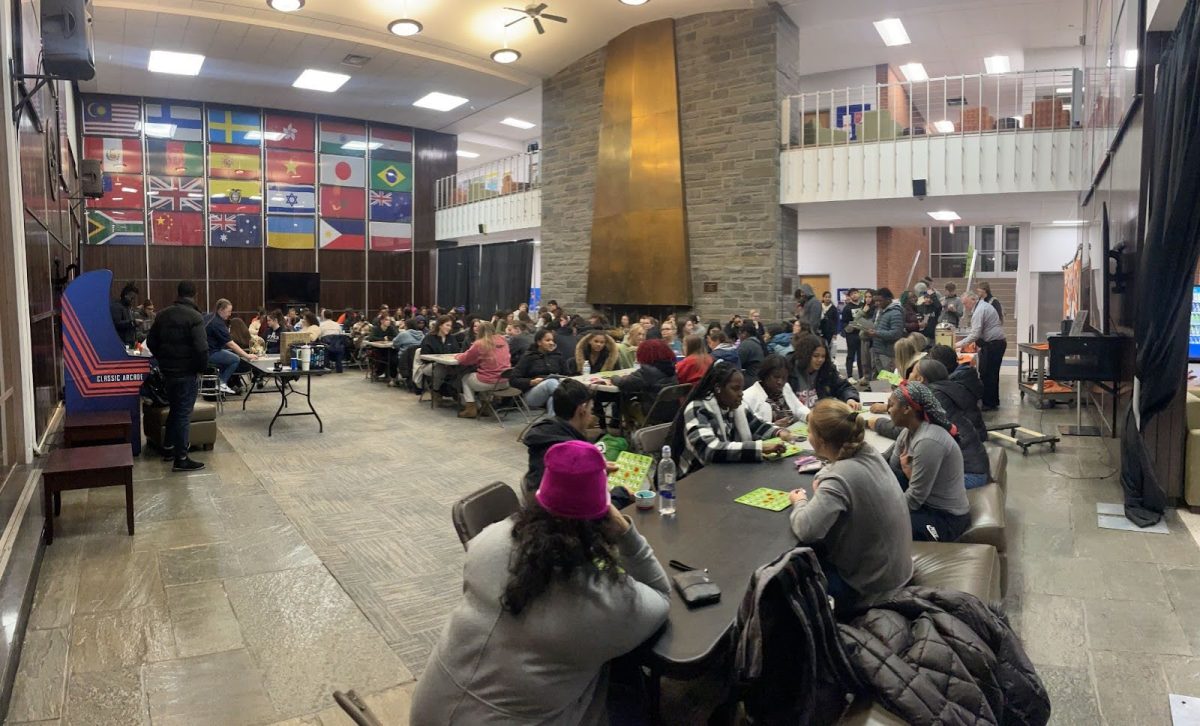Claudia McKinney, Staff Writer
As a college student, there are many factors that make a regular sleep schedule seem so difficult to attain, such as night classes, studying, living in the residence halls and socializing.
Irregular sleeping patterns can have a significant impact on students and harm their lifestyles whether it is physically, emotionally or academically.
According to research at Brown University, college students are supposedly one of the most sleep-deprived populations. About 11 percent of students reported good sleep patterns while 73 percent reported consistent sleep issues.
Sleeping issues can turn into significant problems that can affect students’ short-term and long-term and result in poor academic performance and daytime functioning.
“Not getting the recommended amount of sleep can really disrupt your thinking and slow down the process,” said Julie Murawski, director of the health center.
Murawski explained that poor sleeping hours can make it a challenge to remember things, along with poor decision-making and increased risk taking. She has noticed that students tend to be sick more often when they are not sleeping. Therefore, she believes there is a strong correlation between the right amount of sleep and feeling well.
However, just because a particular sleeping schedule works for someone else does not mean it will coincide with your personal routine. All students have their own limits and guidelines they should follow.
“I get about six hours of sleep and it makes me very lazy and irritable,” Victoria Singh said.
Her habit of a consistent six hour nightly sleep makes her more tired throughout the day and less aware of the things around her. However, she’s working diligently to try and combat that issue so she won’t be sluggish during her classes.
“I’m trying to change so my teachers don’t think that I’m uninterested, majority of the time I’m just tired,” Singh said.
Senior Tim Smith has a different opinion about his experiences with sleeping.
“I don’t really get that much sleep, but I don’t feel like it affects me,” Smith said.
He explained that his five to six hour sleep pattern is pretty consistent, and he still has his normal energy throughout the day.
“I just act normal,” he said. “I’m never a zombie or anything.”
Smith feels like his sleeping situation goes well with his school schedule because he takes brief naps when he does not have class.
“Sometimes my nap schedule does get tricky, due to my organization’s events,” he said.
There is no one-size-fits-all sleep total, and that’s why students should establish their own sleeping routine that works well for them.
“It’s all about what works best for you,” South Hall resident assistant Alexia Cola said.
Cola knows what time some of her residents go to sleep based on how much noise they are making throughout the night.
“When I’m walking in the hall at 4 a.m. to use the bathroom and I hear one of my residents, I just wonder how can they stay up so late and still function?” Cola said


















![President Todd Pfannestiel poses with Jeremy Thurston chairperson Board of Trustees [left] and former chairperson Robert Brvenik [right] after accepting the universitys institutional charter.](https://uticatangerine.com/wp-content/uploads/2023/10/unnamed.jpeg)




































































































